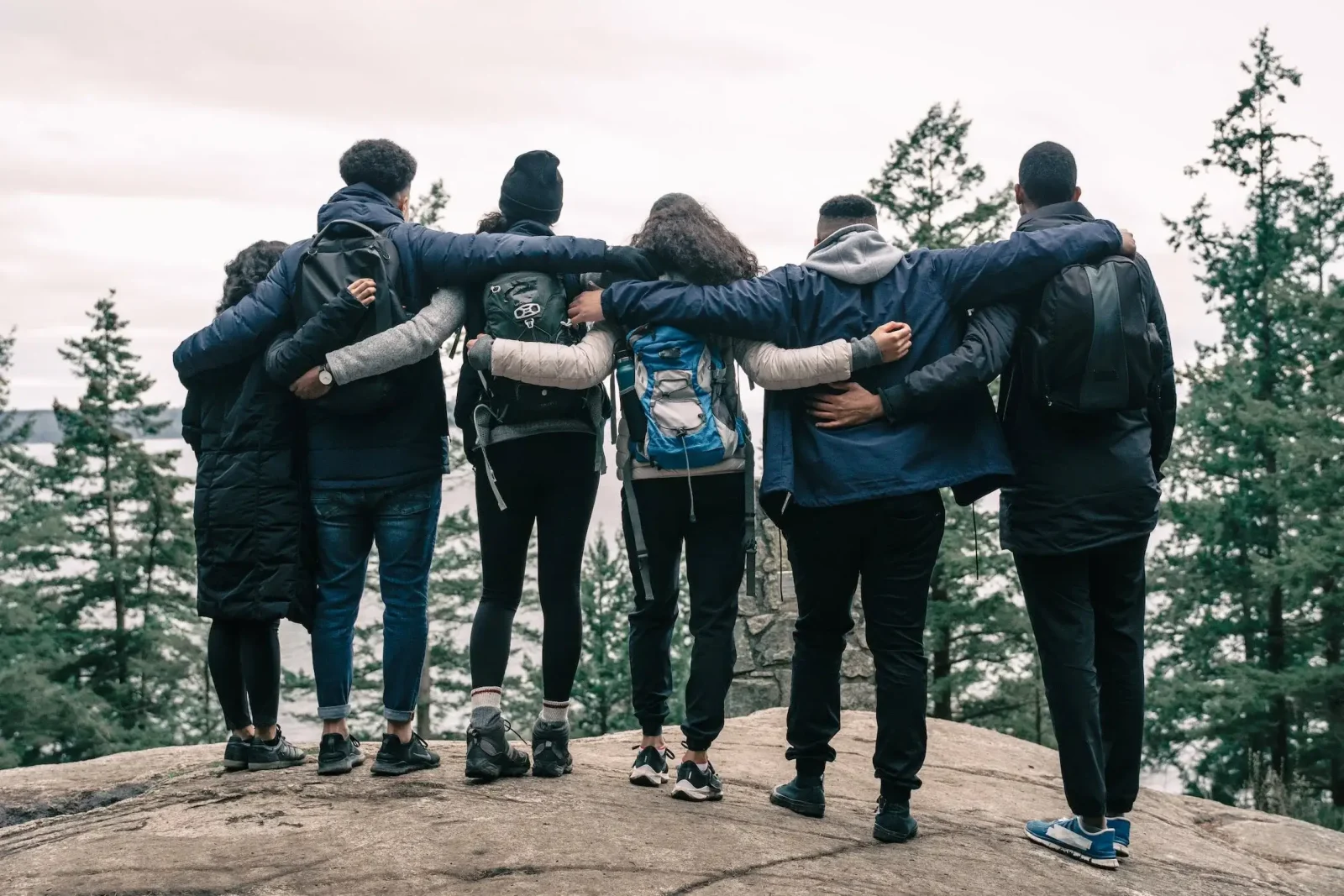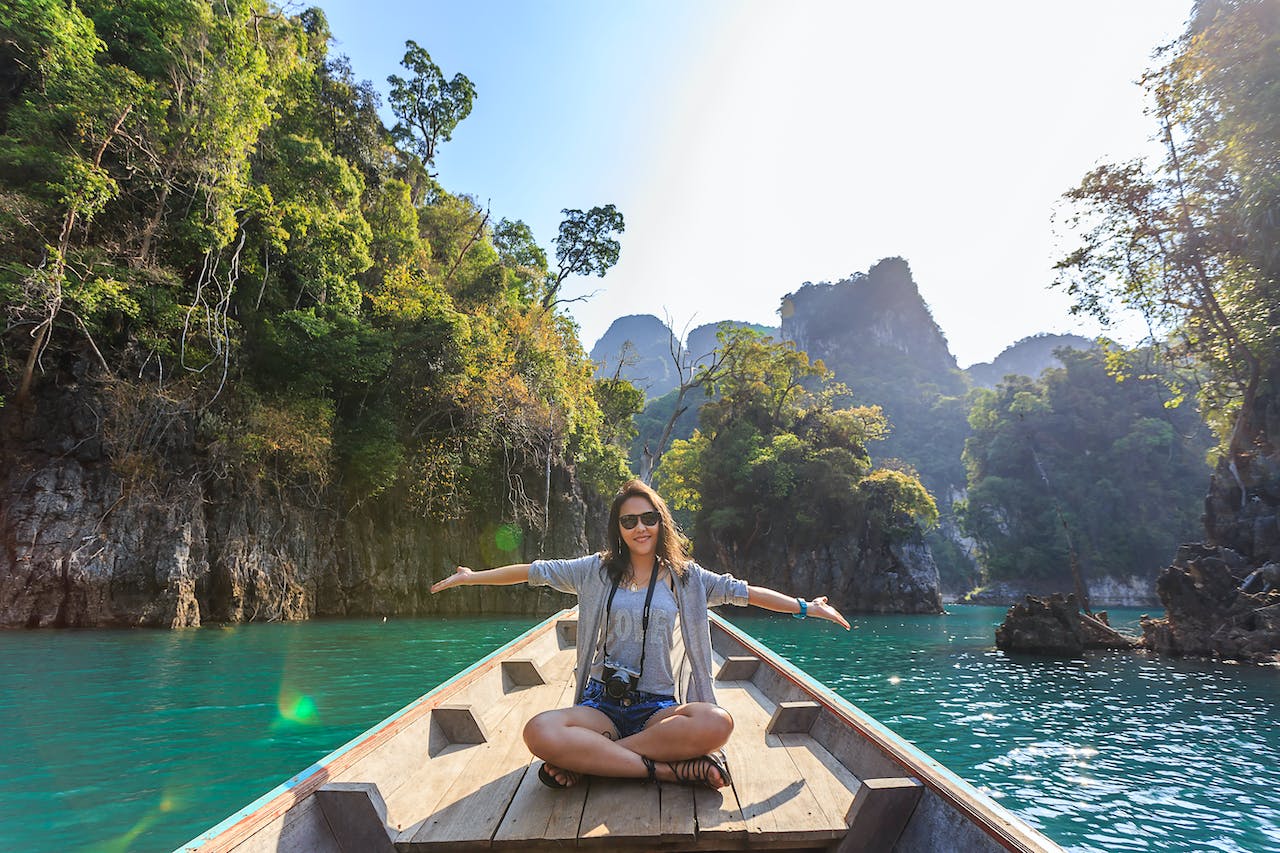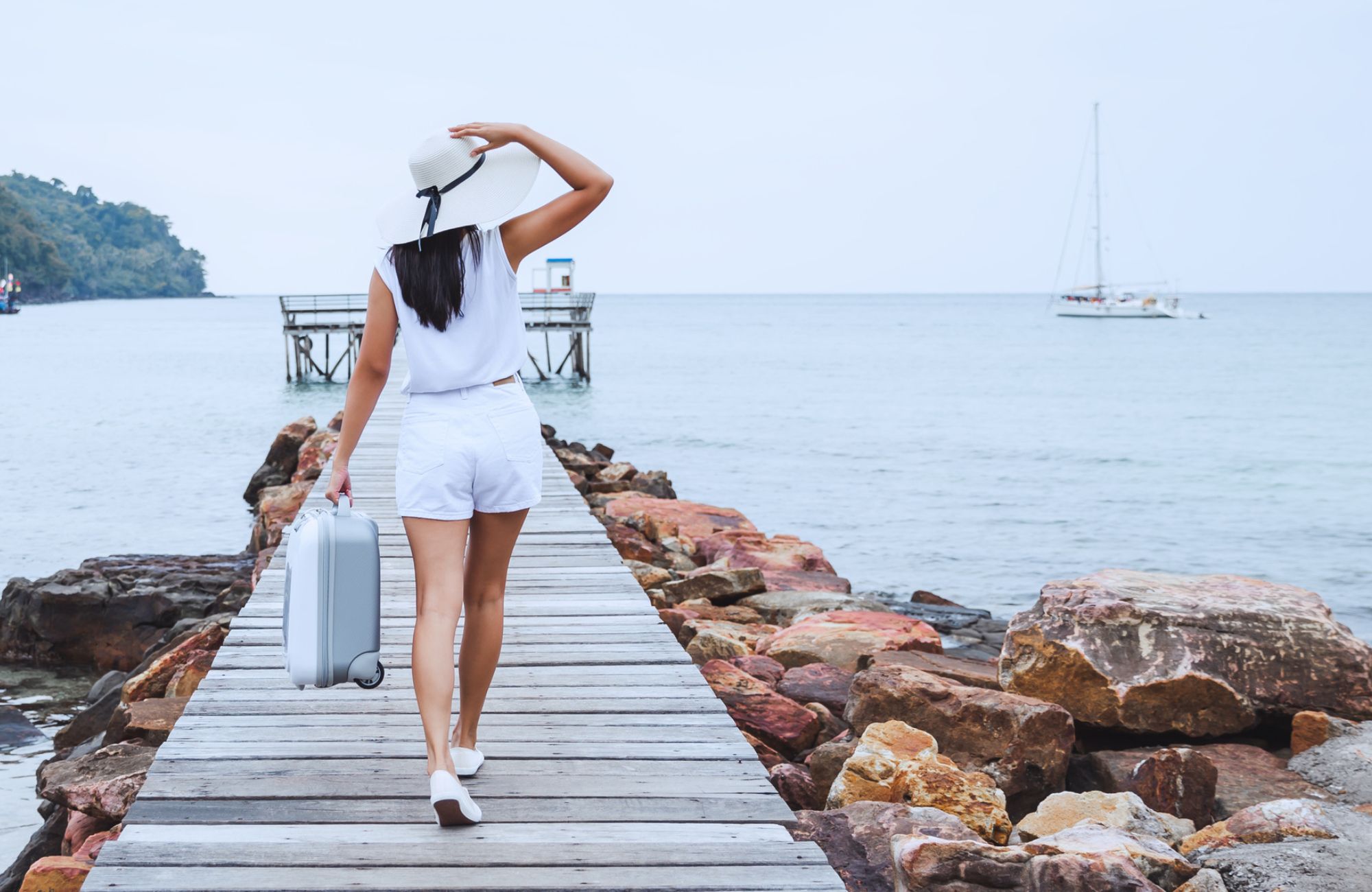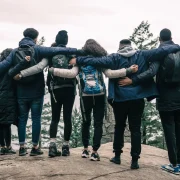The Transformative Power of Travel and Recreation: Rediscovering the World and Ourselves

Travel and recreation are among the most enriching human experiences. Beyond being a break from daily life, they represent opportunities for growth, connection, and renewal. Whether it’s trekking through the mountains, exploring ancient cities, or simply relaxing on a quiet beach, travel allows us to step out of our comfort zones and engage with the world in meaningful ways. In today’s fast-paced, digital age, where stress and burnout are all too common, travel and recreation are more vital than ever—not as luxuries, but as essential investments in our mental, physical, and emotional well-being.
1. The Psychology of Travel: Why We Wander
Human beings are natural explorers. From the earliest migrations to modern tourism, our instinct to move and discover has shaped civilizations and cultures. Psychologically, travel satisfies deep-seated human needs: curiosity, adventure, and the search for meaning.
Travel triggers a sense of novelty—something the brain craves. Studies in positive psychology show that new experiences stimulate dopamine release, improving mood and creativity. When we navigate unfamiliar environments, our brains form new neural connections, enhancing problem-solving and adaptability.
Moreover, travel reduces stress by breaking routine. The change of scenery allows us to disconnect from everyday pressures and reset mentally. For many, travel is also a path to mindfulness: it forces us to slow down, observe, and appreciate the present moment.
2. Recreation and Health: Healing Through Movement and Nature
Recreation—whether physical, artistic, or social—is a crucial component of a balanced lifestyle. Activities like hiking, swimming, or cycling improve cardiovascular health, build endurance, and strengthen muscles. But the benefits go beyond the physical.
Outdoor recreation, in particular, has profound mental health benefits. Spending time in nature reduces cortisol levels, lowers blood pressure, and enhances overall well-being. The “biophilia hypothesis,” proposed by biologist E.O. Wilson, suggests that humans have an innate connection to nature—and being outdoors fulfills this natural need.
Even short outdoor activities, such as walking in a park or kayaking on a lake, can improve focus and mood. This is why more workplaces and schools are incorporating recreational programs: they boost productivity, creativity, and emotional resilience.

3. Sustainable Travel: Exploring Responsibly
The rise of mass tourism has brought incredible economic benefits but also significant challenges—environmental degradation, cultural erosion, and over-tourism in popular destinations. As travelers, our responsibility is to explore the world sustainably, ensuring that our journeys benefit local communities and preserve the planet.
Sustainable travel, often called “eco-tourism,” emphasizes minimizing environmental impact and supporting local economies. It involves making conscious choices—staying in eco-friendly accommodations, avoiding single-use plastics, respecting wildlife, and engaging with local cultures authentically.
For instance, destinations like Costa Rica and Iceland have become global leaders in eco-tourism, offering travelers opportunities to enjoy nature without harming it. The movement encourages slow travel—spending more time in fewer places—to foster deeper cultural understanding and reduce the carbon footprint associated with constant flying.
4. The Rise of Digital Nomadism and Remote Travel
The post-pandemic world has redefined the relationship between work and travel. The rise of digital nomadism—working remotely while exploring new destinations—has transformed travel from a temporary escape into a lifestyle.
Countries like Portugal, Thailand, and Croatia now offer “digital nomad visas” to attract remote workers. This new form of travel blurs the line between leisure and productivity, allowing individuals to experience different cultures while maintaining their careers.
For many, this lifestyle offers freedom and creativity, but it also demands discipline. Balancing work with exploration requires structure, self-motivation, and reliable connectivity. Still, digital nomadism symbolizes a larger cultural shift: travel is no longer just recreation—it’s becoming a way of life.
5. Cultural Immersion: The Soul of Meaningful Travel
Beyond beautiful landscapes and luxurious resorts, travel’s true magic lies in cultural immersion—engaging with the traditions, languages, and daily lives of people around the world.
Authentic travel experiences allow us to see life from different perspectives. Sharing a meal with a local family, participating in a traditional festival, or learning a regional craft transforms travel into a cultural exchange rather than mere consumption.
Organizations promoting community-based tourism help travelers connect directly with local hosts. This not only provides authentic experiences but also ensures that tourism revenues benefit residents instead of large corporations. When we travel mindfully, we become ambassadors of empathy and global understanding.
6. Adventure Travel: Pushing Limits and Finding Purpose
Adventure travel has become one of the fastest-growing segments of tourism. Activities like rock climbing, scuba diving, mountain biking, and paragliding attract those seeking adrenaline and challenge. But the appeal goes beyond thrill-seeking—it’s about self-discovery.
When faced with physical or mental challenges in unfamiliar environments, travelers build resilience and confidence. Climbing a mountain or diving into deep waters teaches lessons about courage, patience, and the power of the human spirit.
Adventure travel also strengthens group dynamics. Shared challenges create strong bonds between travelers, whether they’re teammates on an expedition or strangers trekking together through the Himalayas.
7. The Wellness Travel Revolution
In recent years, wellness tourism has surged as people seek holistic experiences that nurture both body and mind. Spa retreats, yoga camps, meditation getaways, and detox resorts are now major parts of the travel industry.
Countries like India, Indonesia, and Japan have become wellness hubs, offering ancient healing traditions in serene environments. From Ayurveda treatments to forest bathing (“shinrin-yoku”), travelers are rediscovering the connection between health, nature, and spirituality.
Wellness travel represents a shift in priorities—from external exploration to internal balance. It’s not about how far we go, but how deeply we heal and reconnect with ourselves along the journey.
8. Technology and the Modern Traveler
Technology has completely transformed the way we travel. From planning to navigation, the digital world has made exploration easier and more accessible than ever before.
Online booking platforms, digital maps, and travel apps simplify logistics, while social media inspires millions to explore new destinations. Virtual tours and augmented reality experiences allow us to “travel” even when we can’t leave home.
However, there’s a growing awareness of digital overload. Many travelers now seek “digital detox” trips—escapes from constant connectivity to focus on the moment. In this balance between technology and mindfulness lies the future of meaningful travel.
9. The Role of Recreation in Building Communities
Recreation is not only personal—it’s social. Public parks, community sports, outdoor festivals, and local tours bring people together, strengthening social bonds and fostering a sense of belonging.
Cities that invest in recreational infrastructure—bike lanes, hiking trails, cultural centers—encourage healthier lifestyles and attract tourism. Shared recreational experiences create memories, friendships, and cultural exchange across borders.
Moreover, recreation promotes inclusivity. Adaptive sports programs and accessible tourism initiatives ensure that people of all abilities can experience the joy of movement and exploration.
10. The Future of Travel and Recreation
The future of travel and recreation is being shaped by sustainability, personalization, and technology. Travelers are becoming more conscious of their impact and more interested in unique, authentic experiences rather than mass tourism.
AI-driven travel platforms will personalize itineraries based on interests, while virtual reality will allow immersive previews of destinations. Yet, the essence of travel will remain timeless—the desire to explore, learn, and connect.
The concept of “slow travel” will continue to gain popularity, encouraging deeper engagement with fewer destinations. Meanwhile, recreation will evolve with wellness, inclusivity, and sustainability at its core.

11. Conclusion: Traveling as a Way of Living
At its heart, travel and recreation are not about escaping life—they’re about enhancing it. Every journey, whether across continents or into a nearby forest, is an opportunity to rediscover beauty, curiosity, and human connection.
The world is vast and diverse, offering endless experiences to those willing to explore with open hearts and responsible minds. As we move into an era where balance, sustainability, and mindfulness guide our choices, travel and recreation remind us of a simple truth: we don’t just see new places—we become new people.



